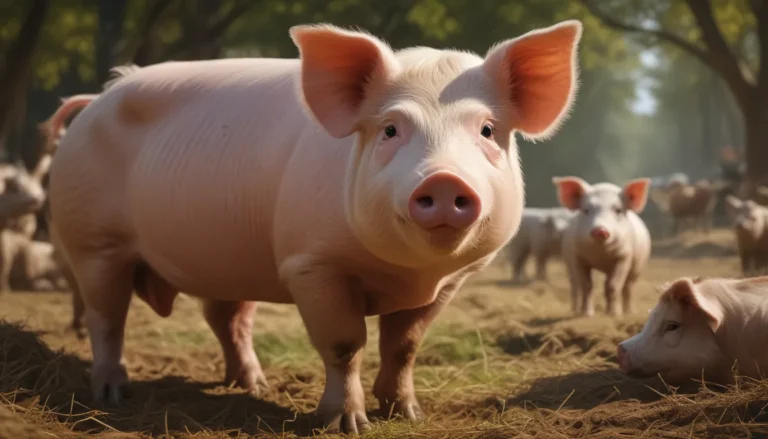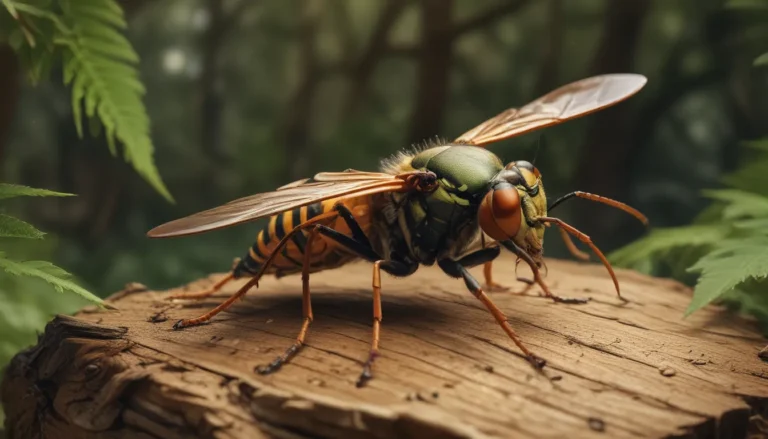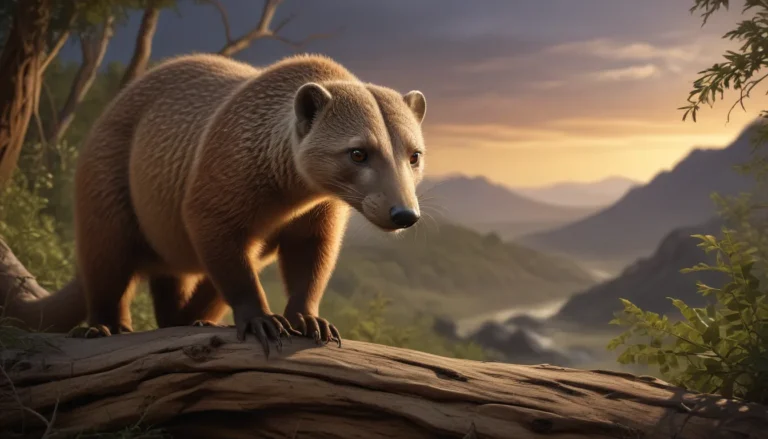The pictures we use in our articles might not show exactly what the words say. We choose these pictures to make you interested in reading more. The pictures work together with the words but don’t take their place. The words still tell you the important facts.
Cougars, also known as mountain lions or pumas, are remarkable creatures that have captivated the interest of nature enthusiasts and wildlife lovers for years. Their grace, power, and adaptability make them iconic figures in the animal kingdom. In this article, we will dive deep into the world of cougars and unearth 18 fascinating facts about these majestic predators. Join us on a journey to discover the extraordinary nature of these elusive big cats.
Exploring the Realm of Cougars
Cougars, scientifically classified as Felis concolor, are members of the Felidae family known for their one-color tan or brown coat. These solitary creatures possess impressive physical characteristics, hunting techniques, and social behaviors that set them apart as apex predators in the wild.
The Magnificent Size and Weight
Cougars rank as the fourth-largest wildcats globally, with adult males measuring between 7 to 9 feet in length and weighing 120 to 220 pounds. Females are slightly smaller, averaging 6 to 8 feet in length and weighing 80 to 140 pounds. Their size and weight contribute to their agile nature and successful hunting strategies.
Leaping to Great Heights
One of the most striking features of cougars is their extraordinary leaping abilities. These big cats can make vertical jumps of up to 18 feet and horizontal leaps of up to 40 feet, enabling them to scale trees effortlessly and ambush their prey with precision.
Home Ranges and Habitat
Cougars require vast territories to thrive, with an average home range varying from 30 to 150 square miles. They inhabit diverse ecosystems, including mountains, forests, swamps, and deserts, making them versatile and adaptable predators in their natural habitat.
Mastering the Night
Cougars are predominantly nocturnal hunters, utilizing their exceptional night vision to stalk and capture prey under the cover of darkness. Their keen eyesight, along with their silent movements, gives them a strategic advantage when hunting in low-light conditions.
The Art of Stealth
Known for their elusive and stealthy nature, cougars are masters of camouflage, blending seamlessly into their surroundings with their tawny fur. This ability aids in their hunting success and allows them to navigate their environment undetected.
The Lifestyle of Cougars
Cougars exhibit a range of behaviors that reflect their adaptability and unique characteristics as apex predators. From communication through vocalizations to territorial marking, these big cats have evolved intricate social structures and survival strategies.
Vocalization and Communication
Cougars communicate through a variety of vocalizations, including hisses, growls, purrs, and screams. Each vocalization serves a specific purpose, whether it's asserting dominance, signaling alarm, or attracting mates within their species.
Territorial Marking
To establish and defend their territories, cougars engage in marking behaviors such as scratching trees, leaving scent marks, and depositing feces. These actions communicate their presence to other cougars and help prevent conflicts between individuals.
Motherly Devotion
Female cougars are dedicated mothers, providing guidance and protection to their offspring for up to two years. During this time, they impart essential hunting skills to their young until they are prepared to establish their territories and survive independently.
Longevity and Reproduction
In the wild, cougars have an average lifespan of 8 to 13 years. They reach sexual maturity between 2 to 3 years of age and typically reproduce once every two to three years. Female cougars give birth to litters of one to six kittens, nurturing them until they are ready to fend for themselves.
The Role of Cougars in Ecosystems
As apex predators, cougars play a critical role in maintaining ecosystem balance and biodiversity. By regulating prey populations and influencing wildlife dynamics, they contribute to the health and stability of their habitats.
Conservation Challenges
Despite their significance in ecosystems, cougars face various threats, including habitat loss, fragmentation, and conflicts with humans. Conservation efforts are essential to protect these magnificent predators and ensure their survival for future generations.
Cultural Significance
Cougars hold cultural importance for indigenous peoples across the Americas, symbolizing power, strength, and stealth. Their presence in folklore and traditions highlights the deep connection between humans and wildlife in different cultures.
Educating and Inspiring
By learning more about cougars and their role in the natural world, we can cultivate a greater appreciation for these incredible animals. Understanding their behaviors, habitat needs, and conservation challenges empowers us to advocate for their protection and preservation.
Frequently Asked Questions about Cougars
-
Are cougars dangerous to humans?
Generally, cougars avoid humans but caution should be exercised when encountering them in the wild. -
What do cougars eat?
Cougars primarily feed on deer but also consume smaller mammals like rabbits and rodents. -
How far can a cougar leap?
Cougars can leap up to 30 feet horizontally and 15 feet vertically with their incredible agility. -
How long do cougars live?
In the wild, cougars have an average lifespan of 8 to 13 years, with some living up to 20 years in captivity. -
Do cougars communicate with each other?
Yes, cougars use vocalizations such as growls, hisses, and screams to communicate with other members of their species. -
Are cougars protected by law?
Yes, cougars are protected by laws and regulations to ensure their conservation and prevent overhunting. -
How many cubs does a cougar have?
A female cougar typically gives birth to 2 to 3 cubs, which she raises on her own. -
Are cougars endangered?
While cougars are not currently considered endangered, they face threats such as habitat loss that could impact their long-term survival.
Embracing the Majesty of Cougars
In conclusion, cougars are fascinating and majestic creatures that embody strength, resilience, and adaptability. Their significance in ecosystems and cultural narratives underscores the importance of preserving their natural heritage for future generations. By raising awareness, promoting conservation efforts, and respecting wildlife, we can ensure the continued existence of these magnificent predators in the wild.
Conclusion
The cougar's remarkable presence in the wild serves as a reminder of the beauty and power of the natural world. By understanding and appreciating these magnificent creatures, we can work towards their conservation and the protection of their habitats for years to come.
Was this page helpful?
Our commitment to delivering trustworthy and engaging content is at the heart of what we do. Each fact on our site is contributed by real users like you, bringing a wealth of diverse insights and information. To ensure the highest standards of accuracy and reliability, our dedicated editors meticulously review each submission. This process guarantees that the facts we share are not only fascinating but also credible. Trust in our commitment to quality and authenticity as you explore and learn with us.






